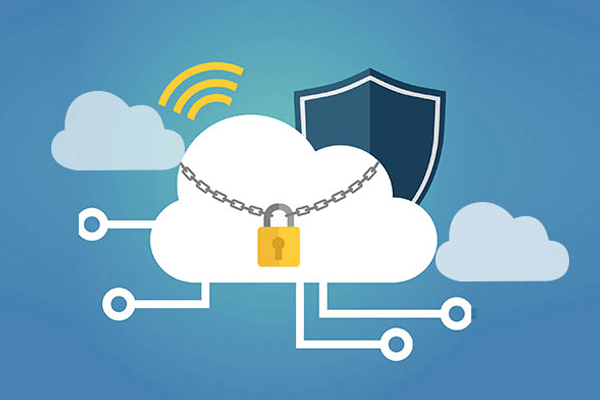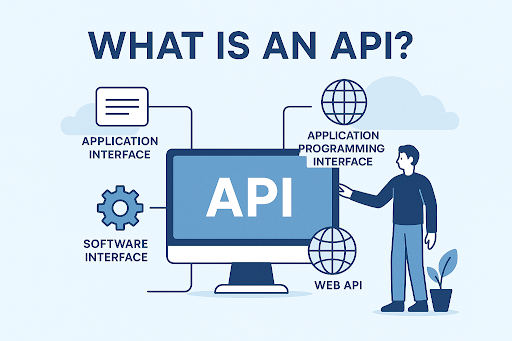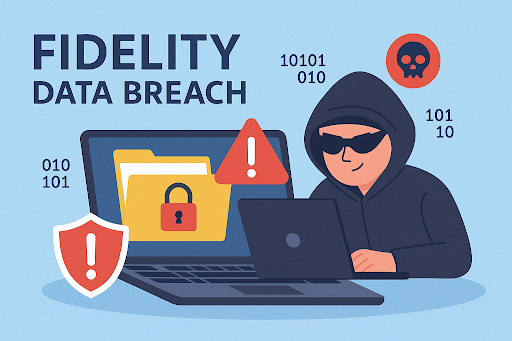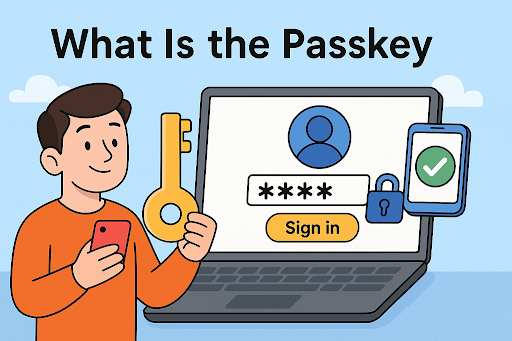12 Major Cloud Based Computing Security Risks
Updated on May 21, 2024, by Xcitium

Today’s cybercriminals are unstoppable, companies need great plans to face off against these lethal data exploiters. Cloud based computing attackers are one of the most common threats companies are facing nowadays. This means that there should be something coming from managed security service providers (MSSPs) to stop this rumbling of cloud based computing security threats.
There are various helpful services offered by managed security service providers (MSSPs) or security operation centers (SOCs), but business companies and users must have knowledge about the complementary cloud based computing security risks that can be violent and disastrous.
The expert team of Xcitium has been sharing ultimate ways to prevent cybersecurity threats. Today we are going into the deep-down world of cybersecurity threats and discuss 2024’s major cloud based computing security risks.
- Weak Access Management
The access management involves control on the usage of endpoints, SNMP (Simple Network Management Protocol) technologies or cloud storage. Not following the most accurate and secured practices can also become the reason for the risk to their security. For instance, having a weak password and allowing more people to access your private cloud are signs of trembling access management.
2. Shadow IT & Internal Threats
In shadow IT the internal employees utilize non-connected technologies or perform unguided practices without the acknowledgment of the company and the management. This practice mostly happens in remote and BYOD (bring your one device) employees. On the other hand, the internal threat can be anything that can harm the interface and data of cloud storage intentionally or unintentionally.
3. Cloud Network Breaches
The system breaches are something that define cyber criminals. They take advantage of weak areas or scam users through phishing traps and breach the security of endpoints and cloud networks. The unexpected entries of unknown personalities are believed to be system breaches; hence, it doesn’t matter if an entry causes damage or not, but this practice is an act of violation.
4. Cloud Network Account Hijacking
In many cases, it is found that cyber criminals go for hijacking the accounts of users and steal or erase the available data. In other cases, companies usually face ransom payment demands scenarios, where the high authorities of an enterprise are blackmailed to pay the ransom otherwise the available data will be misused.
5. Zero Day Vulnerability
The question of not covering weak points in cloud networks that cyber attackers take advantage of can arrive in the mind of companies’ management. Although the zero-day vulnerabilities are the reason for not locating them. As these types of vulnerabilities need the most advanced cloud based computing security monitoring. In today’s time, only a few MSSPs can actually offer zero trust security posture. That’s why discovering zero-day vulnerability is not a game for everyone.
6. APTs & Malware Payload Blasts
Malware payloads may or may not look dangerous after secretly entering into the endpoint or cloud networks, but after some time they can be the APTs (advanced persistent threats) who can destroy the digital or physical available technologies like cyber predatory parasites. In most cases, the APTs are well-implemented attacks by cyber attackers that be there in systems for a longer period and destroy the interfaces of endpoints or cloud networks by slowing down the working and dysfunctioning the features.
7. DoS Cyber Attacks
Delay of service attacks are blasted to slow down the working of a cloud network. This violating act can include blasting unidentified traffic or a direct attack on the cloud network with the purpose of dysfunctioning its features. This practice of DoS can be a most common exercise because many of us never know if our network is being exploited with the help of a delay of service (DoS) attack.
8. Data Erase & Theft
The data erased or theft may look like part of an internal threat or human error. But these both actions can be in the exact plan of a cybercriminals. Business workplaces can’t be vulnerable even to their own workforce because you never know who the culprit or a malicious internal threat can be. So, the erasing and theft of data is an emerging threat that can also happen in digital storage whose primary work is to store and secure the data.
9. Lack Of Awareness & Employee Training
Untrained staff can be troubling for companies that want to get rid of all types of system breaches. In cloud security, employee training is a must. Enterprises can’t just trust on the expressive words of their workforce and must follow up sessions of endpoint device utilization and cloud based computing security training.
10. Compliance Risks
Companies can save themselves from the backlashes of customers and collaborating partners, but they can never free themselves from government legalities. In order to follow all lawful demands and live up to the expectations of all industrial-guided rules, compliance management is necessary. So, compliance risks can be one of the bigger issues for companies.
11. External Links Sharing Risks
Being more exploitive is the practice of unaware and untrained business enterprises. This means having weak cloud based computing passwords, allowing third parties to enter your cloud storage, and sharing the links without following security precautions is an example of an under skilled business firm. In simple, the sharing of cloud network files’ links to a vulnerable third party can welcome malware payloads.
12. Mediocre Cloud Based Security Software
There can be numerous issues of cloud based computing networks, but not having updated cloud security software can raise several questions against the management of the enterprises. As it is about the trust and reliability of customers who come to acquire the services. A cloud network protecting software should be updated and must have modern features to detect and act against cyber threats like malware payloads, spyware, and APTs.
Let’s Prevent All These Cloud Based Computing Security Threats With Xcitium
Yes! If you are looking for a perfect and agile cloud based computing security partner, then Xcitium can be the trusted one. With expert consultancy, on-time endpoint security, cloud network management, and workplace infrastructure monitoring services, Xcitium has been safeguarding the assets, technologies, and most classified data of its client companies.
Our patented technologies help companies to scale their business growth endeavors and give end-to-end encryption to all available endpoints and cloud network accounts. Wanna acquire our top-notch assistance? Say yes to our call for cybersecurity consultancy and get zero trust security posture.














